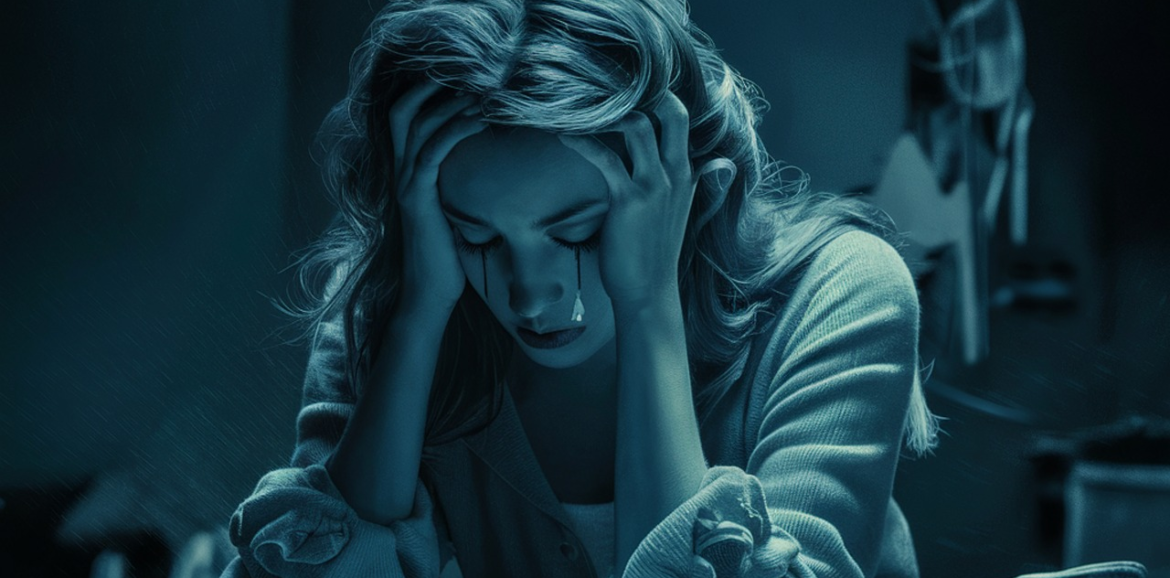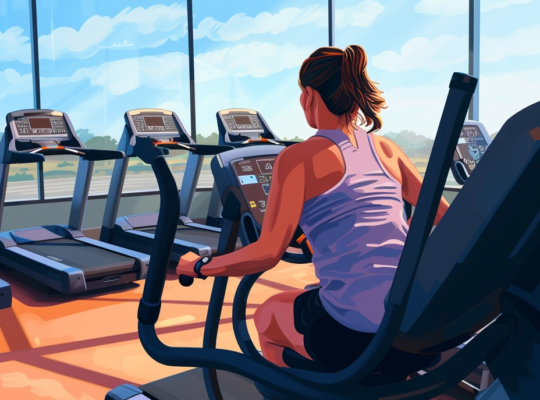
1. Cognitive Behavioral Therapy (CBT)
Cognitive Behavioral Therapy (CBT) is an evidence-based approach that helps individuals recognize and modify negative thought patterns. Here’s how you can apply it:
- Identify Thoughts: Pay attention to your anxious thoughts. Are they realistic or distorted?
- Challenge Negative Thoughts: Question the validity of these thoughts. Are they based on evidence?
- Replace with Realistic Thoughts: Replace irrational thoughts with more balanced, constructive ones.
- Behavioral Changes: Actively engage in behaviors that counter anxiety. Gradual exposure to feared situations can help desensitize you.
2. Mindfulness Meditation
Mindfulness practices cultivate present-moment awareness and reduce anxiety. Try the following techniques:
- Breathing Exercises: Focus on your breath. Breathe deeply and slowly to ground yourself.
- Body Scan: Pay attention to each part of your body. Release tension and relax.
- Mindful Activities: Engage fully in everyday tasks. Notice sensations, thoughts, and emotions without judgment.
3. Physical Exercise
Regular physical activity positively impacts mental health. Consider these options:
- Cardio Workouts: Brisk walks, jogging, or dancing release endorphins, which improve mood.
- Yoga: Combines movement and mindfulness, reducing anxiety and promoting relaxation.
- Nature Walks: Spending time outdoors lowers stress levels and enhances well-being.
4. Healthy Diet
Nutrition plays a crucial role in anxiety management:
- Balanced Meals: Include whole grains, fruits, vegetables, lean proteins, and healthy fats.
- Limit Sugar and Processed Foods: These can affect mood and energy levels.
- Stay Hydrated: Dehydration impacts cognitive function and exacerbates anxiety.
5. Adequate Sleep
Prioritize quality sleep for better mental health:
- Consistent Schedule: Maintain regular sleep hours to regulate your body’s internal clock.
- Sleep Environment: Create a comfortable, dark, and quiet space for rest.
- Avoid Stimulants: Limit caffeine and alcohol intake, especially before bedtime.
6. Social Support
Connecting with others is essential:
- Talk to Friends and Family: Share your feelings and seek emotional support.
- Join Groups or Clubs: Engage in activities you enjoy. Social interactions reduce loneliness.
- Combat Isolation: Reach out to loved ones regularly.
7. Breathing Techniques
Deep breathing calms the nervous system and reduces anxiety:
- 4-7-8 Breathing: Inhale for 4 seconds, hold for 7, exhale for 8. Repeat several times.
- Box Breathing: Inhale, hold, exhale, and pause for equal counts (e.g., 4-4-4-4).
8. Limit Caffeine and Alcohol
Both substances can exacerbate anxiety. Monitor your intake and consider alternatives like herbal teas or water.
Remember, managing anxiety is an ongoing process. Experiment with these strategies, adapt them to your lifestyle, and seek professional help if needed. You’re not alone, and there’s support available! 🌟
Feel free to incorporate these practices into your daily routine, and take care of yourself! 😊







